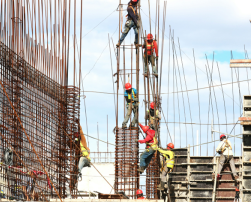
Advancing just transitions in the built environment
The report includes locally co-produced visions for a just transition in the built environment, as well as a plethora of recommendations for key stakeholders at the local, national and international level.

Challenges and strategies in financing the EU building decarbonisation plan: a policy brief
Bruegel’s policy brief outlines strategies for the EU to finance building decarbonisation by 2030, including stronger regulations, significant investments, and enhanced public-private financing mechanisms.
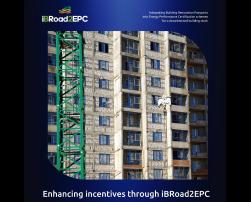
Enhancing incentives through iBRoad2EPC
How to best use financial and non-financial incentives for renovation in implementing markets.
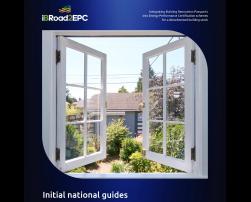
Initial national guides for the roll-out of iBRoad2EPC in the six pilot countries
iBRoad2EPC and national energy performance certification schemes of roll-out countries.
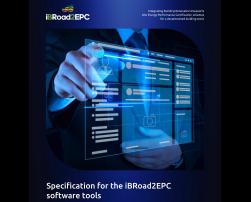
Specification for the iBRoad2EPC software tools
Report on adaptation requirements for roll-out countries.
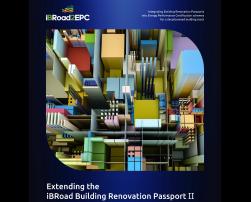
Extending the iBRoad Building Renovation Passport II
Report on potential indicators to expand the scope of iBRoad.

Commonplace materials to passively cool buildings? It’s possible!
A recent study introduces special materials that passively cool and heat buildings - many of which are readily available - by emitting heat to the sky and reflecting ground heat, offering energy savings and reduced emissions.
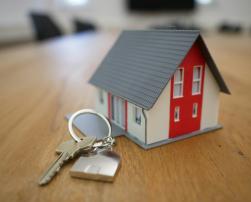
Access to funding handbook: financing strategies for social and affordable housing renovations
The ‘Access to Funding Handbook’ by SHAPE-EU and GNE Finance guides stakeholders in securing financing for social and affordable housing renovations through various public and private funding mechanisms, supported by practical case studies.

Optimising residential energy efficiency: tools for assessing heating and cooling demands and emissions
The paper reviews tools for assessing energy demand in European buildings, focusing on space heating and cooling, to support sustainable energy strategies.
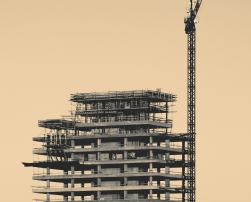
Enhancing sustainability in construction through Extended Producer Responsibility
A BPIE document advocates for Extended Producer Responsibility (EPR) to enhance recycling and promote sustainable practices in the EU construction sector, aiming to reduce waste and improve resource efficiency.